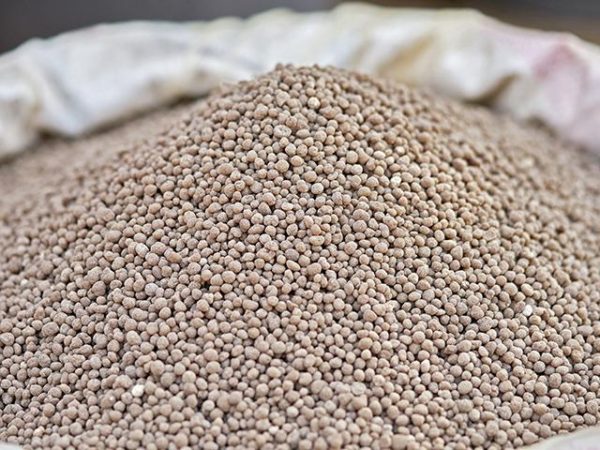Farmers preparing the 2022/23 cropping season in Zimbabwe have been advised to apply fertilisers from soil testing results as opposed to “blind application” to reduce costs.
Fertiliser prices in Zimbabwe have increased significantly in Zimbabwe and others who relied on supplies from the warring Russia and Ukraine countries.
The two countries are major suppliers of fertilisers, especially to African nations and the Ukraine/Russia war has seen supplies dwindling while the prices of the commodity increased.
A 50kg bag of fertiliser which a farmer bought for US$35 has now risen to almost US$95 causing viability challenges in crop production for Zimbabwean farmers.
Fuel and seed prices have also gone up in recent months.
“With the Russia/Ukraine war, costs are estimated to increase further,” Zimbabwe Tobacco Association chief executive Rodney Ambrose said.
“This may see a further drop in the flue-cured tobacco production in 2023 as ably resourced growers consider reducing their hectarage in favour of the attractive food crops. This could be an option for growers in Zimbabwe, Brazil, the US, and Zambia,” he added.
Zimbabwe Farmers Union economist Nyasha Taderera there had been a significant rise in agricultural input prices especially fertilisers and this had increased the cost of production for large-scale farming.
She added fertiliser comprised 50% towards the cost of crop production, implying that any increase in fertiliser prices significantly affected a farmer’s income.
Small-scale farmers were worse off as due to high costs of fertilisers they apply below soil requirements and this seriously affected their yields and returns.
Taderera then recommended farmers to apply fertilisers from soil testing recommendations as opposed to “blind application”.
“Soil testing recommendations prevent over-and under-application of fertilisers and promote efficient uptake of nutrients,” she said.
“Increased use of more readily available and cheaper organic manure is also recommended to reduce cost of conventional fertilisers. Moreover, organic manure improves soil fertility and structure.”
In 2020, the Zimbabwe government launched a five-year roadmap aimed at reducing fertiliser imports through capacitating local production companies.
However, according to ZimTrade’s fertiliser figures, production and supply does not meet domestic requirements.
There are more than 10 fertiliser companies in Zimbabwe and only three are involved in the primary production of the required raw materials.
These are; Chemplex Corporation, Zimphos and Sable Chemicals.
Other secondary manufacturers are; ZFC, Windmill, FSG, Nutrimaster, Omnia among others.








